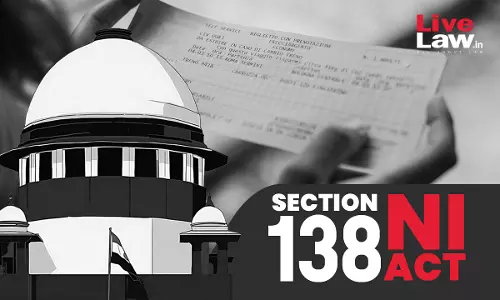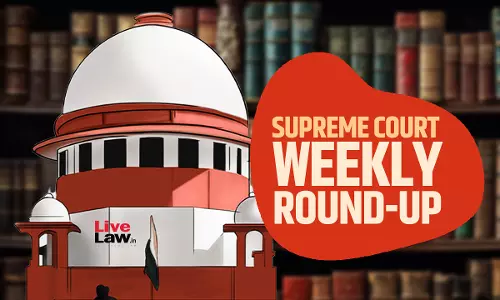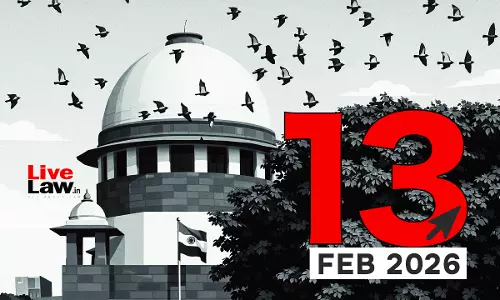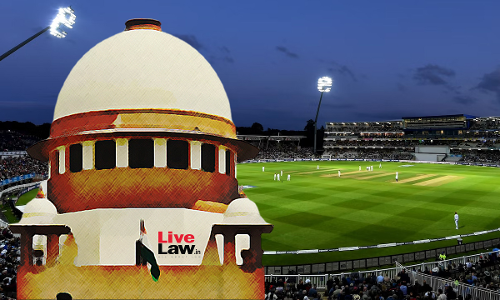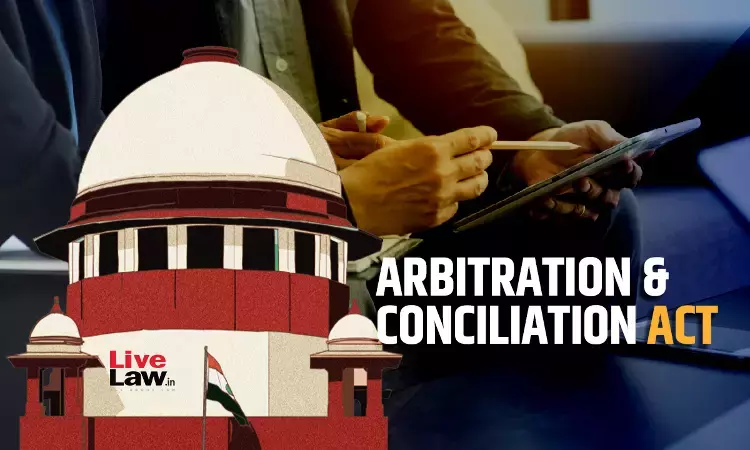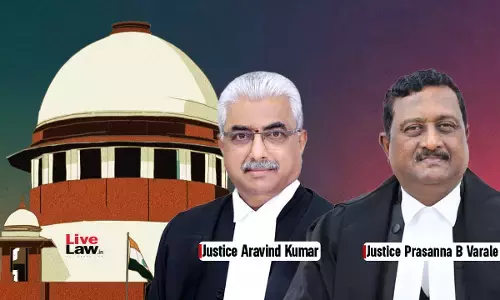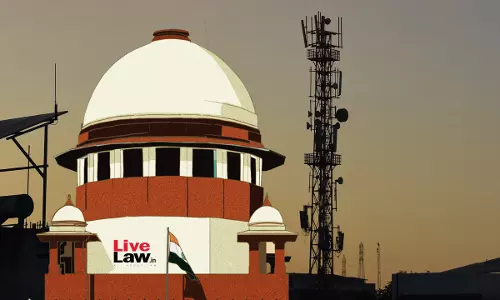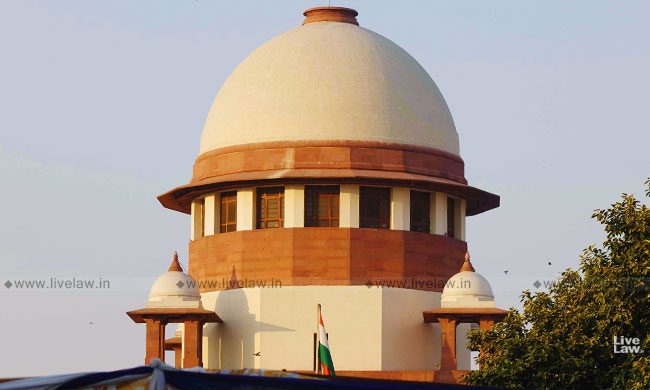Supreme court
Absconding Accused Not Entitled To Anticipatory Bail On Sole Ground Of Co-Accused' Acquittal : Supreme Court
The Supreme Court has held that the principle of parity cannot be invoked by an absconder who deliberately evades trial, to seek an anticipatory bail merely because a co-accused has been acquitted in a trial.The Court observed that "granting the relief of anticipatory bail to an absconding accused person sets a bad precedent and sends a message that the law-abiding co-accused persons who stood trial, were wrong to diligently attend the process of trial and further, incentivises people to evade...
Police Failure To Apply IPC Provisions Results In Acquittal Of Contractor for Stockpiling Decontrolled Cement : Supreme Court
The Supreme Court has set aside the conviction of a contractor accused of stockpiling cement meant for a public works project, holding that investigative lapses in failing to invoke IPC provisions against the contractor resulted in an untenable conviction under the Essential Commodities Act, since no statutory or regulatory control over cement existed at the relevant time. “…in the absence of any subsisting statutory order under Section 3 of the E.C. Act on the date of the alleged occurrence, a...
Bank's Internal Classification Of Debt As NPA Won't Determine Limitation Under IBC: Supreme Court
The Supreme Court on Thursday clarified that a bank's internal classification of a loan as a non-performing asset for accounting or provisioning purposes does not by itself determine the commencement of limitation under the Insolvency and Bankruptcy Code, especially where the debt has subsequently been restructured and acknowledged through fresh agreements.The Court observed that the manner...
Complete Supreme Court Annual Digest 2025 [Part-II]
Section 173. Information in cognizable cases.Section 154 Cr.P.C. – FIR – Held, police officers, as 'sentinels' of the law, must be vigilant, prompt and objective in performing their duties, shedding any personal biases - Police's failure to register a FIR despite being informed of a cognizable offence was a total 'dereliction of duty' - As per Section 154 CrPC, Police are duty-bound...
Supreme Court Doubts Judgment Allowing Cheque Case Complainant To File Appeal As 'Victim' u/s 372 CrPC; Refers To Larger Bench
The Supreme Court referred to a larger Bench the question whether a complainant in a cheque dishonour case under Section 138 of the Negotiable Instruments Act can file an appeal against acquittal under the proviso to Section 372 of the Code of Criminal Procedure[ Section 413 of the Bharatiya Nagarik Suraksha Sanhita] without obtaining special leave under Section 378(4) CrPC.A Bench of...
Supreme Court Weekly Round-Up: February 2, 2026 To February 8, 2026
JudgmentsNo Point In Prosecution Multiplying Witnesses On One & Same Issue, Says Supreme Court While Granting Bail Due To Trial DelayCase Details: Chintan Rajubhai Panseriya v. State of Maharashtra | Petition For Special Leave To Appeal (Crl.) No. 439/2026Citation: 2026 LiveLaw (SC) 99The Supreme Court released a petitioner on bail in a case under the Narcotic Drugs and...
Supreme Court Daily Round-Up : February 13, 2026
Links to today's reports :Supreme Court Permits Visually Impaired Candidates To Engage Scribes With More Than 10+2 Qualification For AIBE, CLAT ExamsTelecom Spectrum Community Resource, IBC Can't Determine Its Ownership & Control : Supreme CourtSupreme Court Dismisses P&H High Court's Petition Challenging HC Decision Quashing Compulsory Retirement Of District JudgeSupreme Court...
District Cricket Associations Must Voluntarily Adopt Good Governance, Not Bound By BCCI Constitution : Supreme Court
The Supreme Court on Friday (February 13) encouraged district cricket associations to voluntarily adopt principles of good governance, including transparency in player selection, professionalism in administration, and elimination of conflicts of interest. “it is open, rather necessary, for the State Association to initiate reforms to ensure that District Associations operate as...
Post-Award Property Purchasers Have No Right To Resist Execution Of Arbitral Award : Supreme Court
The Supreme Court has reaffirmed that a transferee who purchases property from a judgment-debtor during the pendency of proceedings has no locus to resist or object to the decree passed in favour of the judgment-creditor. A bench comprising Justice Pankaj Mithal and Justice S. V. N. Bhatti considered the matter, where the appellant, having purchased the property from Respondent No. 2...
Telecom Spectrum Community Resource, IBC Can't Determine Its Ownership & Control : Supreme Court
The Supreme Court today held that the ownership and control of telecom spectrum cannot be determined by the Insolvency and Bankruptcy Code (IBC), since it is a common good. A bench of Justice PS Narasimha and Justice Atul Chandurkar held that the spectrum is a material resource of the community in the Constitutional sense. Hence, the spectrum must benefit the common good, so its control...
Supreme Court Permits Visually Impaired Candidates To Engage Scribes With More Than 10+2 Qualification For AIBE, CLAT Exams
In a significant development, the Supreme Court has permitted visually impaired candidates appearing for the AIBE and CLAT examinations to engage scribes possessing qualifications higher than 10+2, provided that such scribes are not law graduates. Endorsing the suggestions put up by the petitioners, the bench comprising Chief Justice Surya Kant, and Justices Joymalya Bagchi and NV...



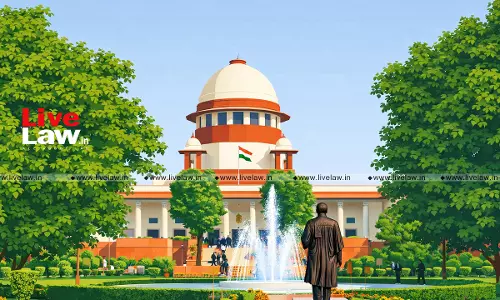
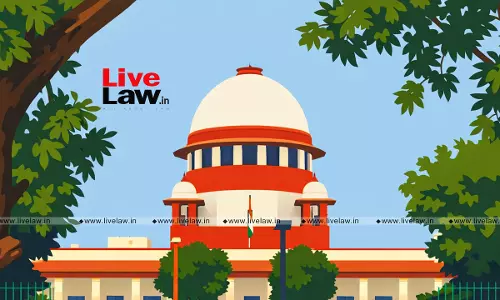
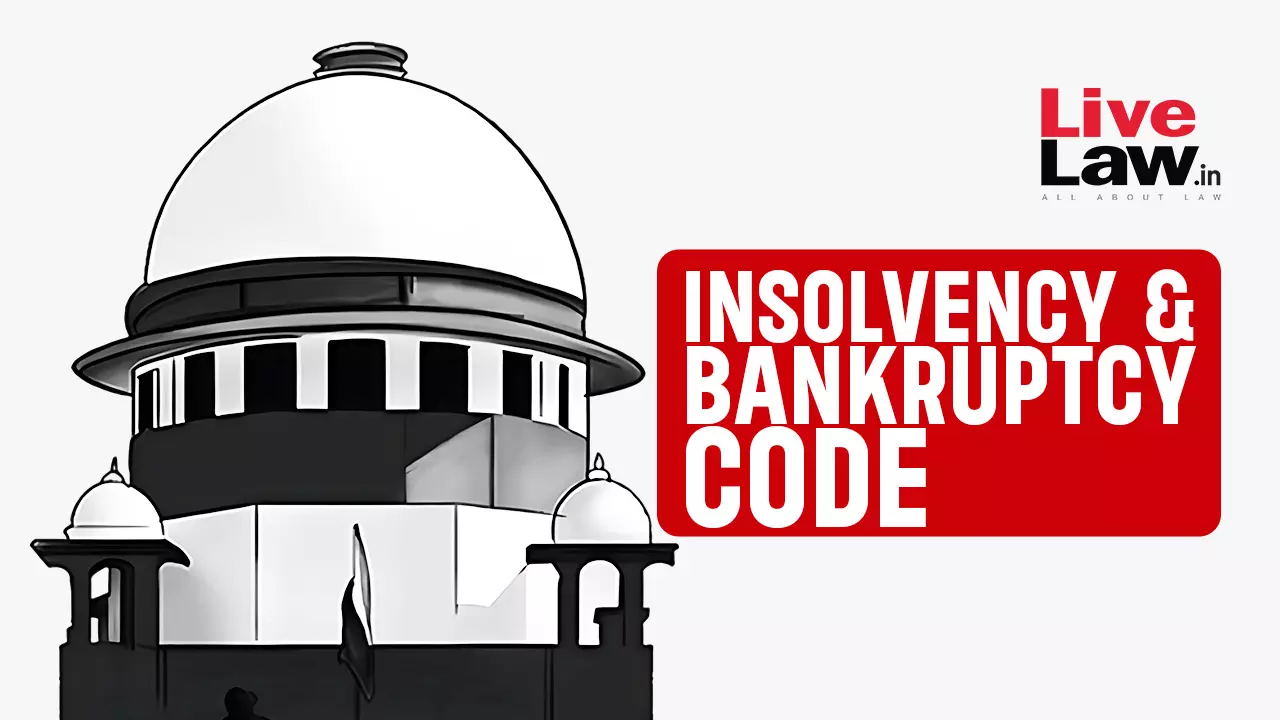
![Complete Supreme Court Annual Digest 2025 [Part-II] Complete Supreme Court Annual Digest 2025 [Part-II]](https://www.livelaw.in/h-upload/2026/02/14/500x300_656049-complete-supreme-court-annual-digest-2025-2.webp)
